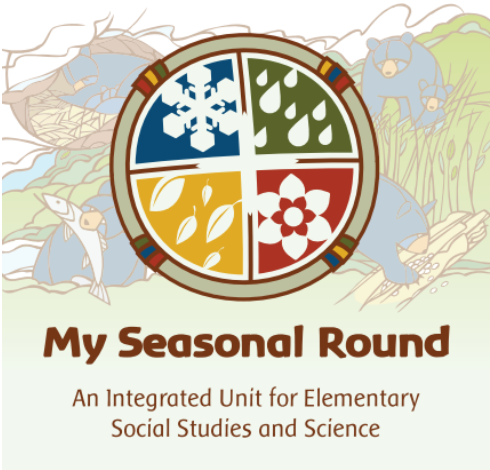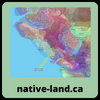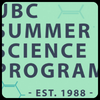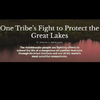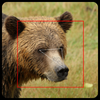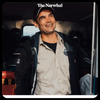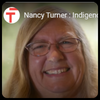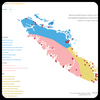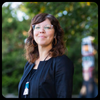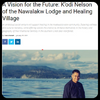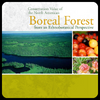Land Based Learning
This cross-curricular unit presents a teacher-led, inquiry-based approach to exploring the seasonal round in the four geographic regions of BC, through the perspective of the Indigenous groups in these regions. Themes include: habitat, natural resources, stability and change, and living and non-living components of habitats.
The Kwakwaka‘Wakw Ebb and Flow of Life by Emily Aitken
Native Land Digital has a wide range of impacts on individuals, classrooms, and others who view and interact with our map and associated content. We provide a Teacher’s Guide, Territory Acknowledgement Generator, a blog, and other content in an effort to widen this impact along the lines of our missions.
The program promotes interest in health and science programs through firsthand experience at the University of British Columbia.
The Summer Science Program is a great opportunity to connect with Elders/role models while enjoying fun, laughter and learning.
One Tribe’s Fight to Protect the Great Lakes
The Anishinaabe people are fighting efforts to extend the life of a dangerous oil pipeline that runs through its tribal territory and one of the world’s most sensitive ecosystems.
Face Recognition identifies Individual Bears
A research project led by UVic geography postdoctoral fellow Melanie Clapham proves that individual brown bears can be identified from photographs alone—something which had previously only been done for primates...
Heiltsuk Nation, federal agencies sign agreement to establish Indigenous marine response team. More than four years after the Nathan E. Stewart disaster on B.C.'s central coast, the Canadian Coast Guard and Transport Canada commit to funding and training Heiltsuk first responders and improving communication and collaboration.
Ethnobotanist and ethnoecologist Nancy Turner—a long-time champion of Indigenous traditional knowledge who has spent more than four decades exploring the human relationship to our natural environment—is today announced as one of five 2015 Pierre Elliott Trudeau Foundation Fellows. This national honour is in recognition of her career-long devotion to understanding and communicating the crucial role that plants play in Indigenous cultures and languages, especially with respect to land rights and ancestral territories.
"The 50 First Nations of Vancouver Island are located in three distinct tribal regions–Coast Salish, Nuu chah nulth, and Kwakiutl–the first peoples of Vancouver Island. Some regional overlap exists. Therefore, please note that this tri-colour graphic is only approximate. The connectivity provided in this section provides easy and direct access to information to help facilitate business partnership, investment opportunities, and economic development on Vancouver Island."
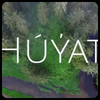 HÚY̓AT is one of an immense network of culturally important places in Heiltsuk territory. It is the land where C̓uṃ́qlaqs gave birth to her wolf children, and where we have lived for millennia, making our imprint on the land. Húy̓at collectively refers to several socially and geographically connected bays on northern Hunter Island, located in what is known today as the Central Coast of British Columbia. Húy̓at is just down the channel from the present-day village of Bella Bella where many of our people now live.
HÚY̓AT is one of an immense network of culturally important places in Heiltsuk territory. It is the land where C̓uṃ́qlaqs gave birth to her wolf children, and where we have lived for millennia, making our imprint on the land. Húy̓at collectively refers to several socially and geographically connected bays on northern Hunter Island, located in what is known today as the Central Coast of British Columbia. Húy̓at is just down the channel from the present-day village of Bella Bella where many of our people now live.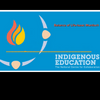
Isaac Murdoch - Connecting To Land
Isaac is a storyteller, artist and traditional knowledge holder who talks about the importance of connecting to the land; about Nimkii Aazhibikong, a land-based camp to teach people about their culture, their language, and their connection to the land.
Q & A on Indigenous Political Ecology
Sarah Hunt / Tłaliłila’ogwa, a member of the Kwakwaka’wakw Nation from the northern part of Vancouver Island, sits down with The Ring to discuss her research, her return home, and what it’s like to be a role model for the huge number of Indigenous students who are changing the way academia works across the country.
Nawalakw means supernatural in Kwak’wala, the language that has been spoken in the Kwakwaka’wakw Territory in the southern Great Bear Rainforest for thousands of years. The word encapsulates ancestral heritage while representing a vision for the future — it is the name of an ambitious social venture and sustainable Indigenous enterprise that is a catalyst for healing and connection.
Learn about the village HERE.
"Indigenous connections to the Boreal landscape go far beyond utilitarian purposes. Not only have indigenous people obtained all the resources necessary for survival from this environment, they have also developed a sacred cultural connection to the Boreal."





